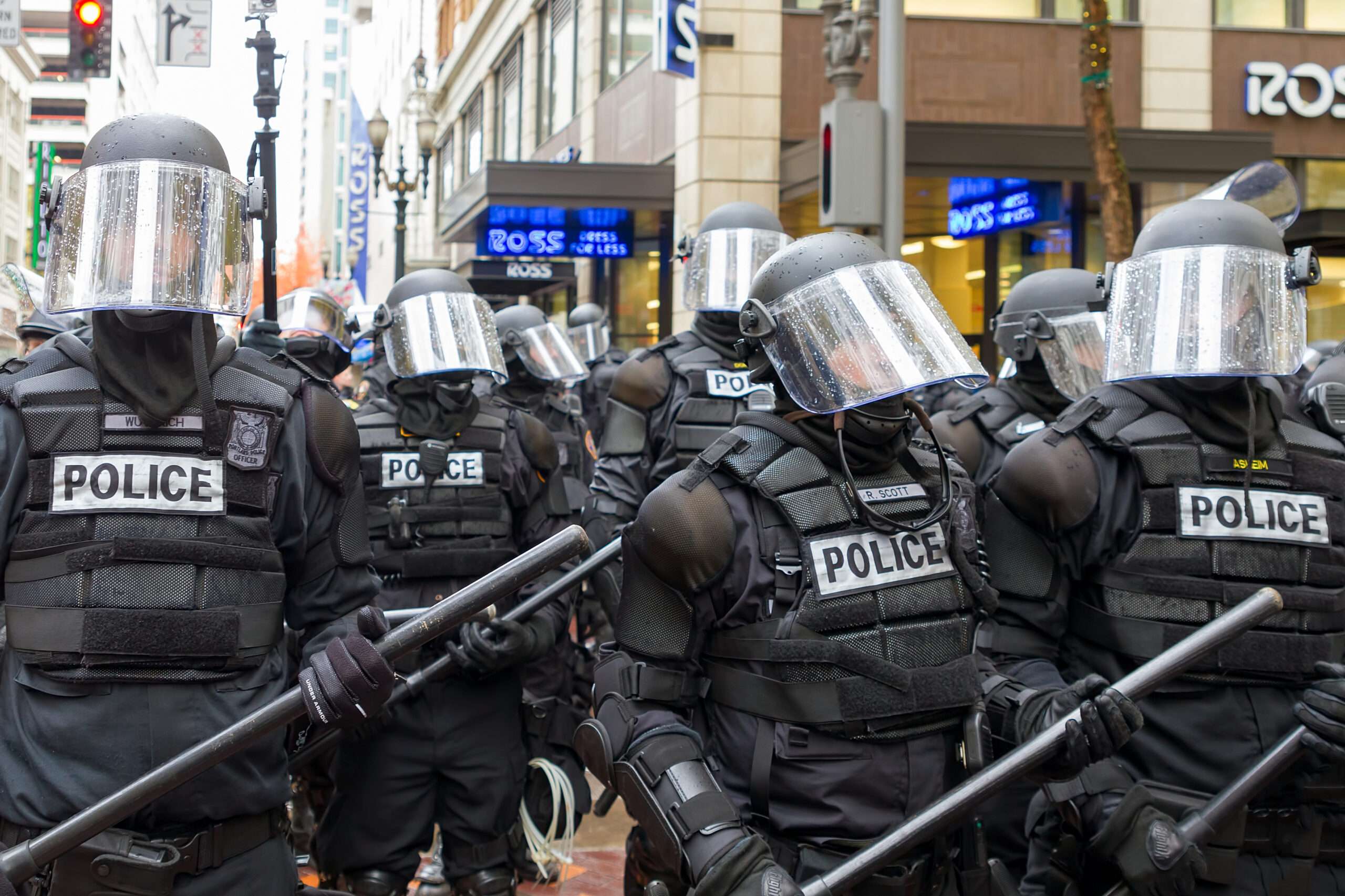Brickbat: Making the Case
Ryan Mabry, a former SWAT officer in Dallas, has recently entered a guilty plea to a misdemeanor assault charge related to an incident during the 2020 protests that erupted nationwide following the death of George Floyd. The protests, which highlighted issues of police brutality and systemic racism, saw an influx of law enforcement response, leading to heightened tensions between police and demonstrators. Mabry was accused of firing “less lethal” ammunition—specifically, a bean bag round—during these protests, which resulted in a tragic outcome. The round struck a protester in the eye, causing permanent damage and leading to the loss of the individual’s eye.
The decision for Mabry to plead guilty indicates recognition of wrongdoing on his part, contrasting with the often rigid attitudes towards law enforcement accountability in cases of violence against civilians. His actions during the protests raised critical questions about the use of less lethal options by police and the protocols governing their deployment. The line between maintaining order during civil unrest and ensuring the safety of protesters became increasingly blurred, leading to calls for greater restrictions on police tactics and the types of munitions utilized.
As part of the plea agreement, Mabry faces a maximum sentence of one year in jail. Additionally, he is required to relinquish his police certification, which effectively ends his career in law enforcement. This penalty highlights an effort to hold police officers accountable for their conduct during high-pressure situations, particularly when such actions result in serious injury to civilians. The case adds to the broader national discourse surrounding police reform and the measures necessary to prevent similar incidents from occurring in the future.
The incident involving Mabry is emblematic of a broader concern regarding the treatment of protesters and the measures used by law enforcement during large-scale demonstrations. The use of less lethal weapons is intended to incapacitate rather than cause serious harm, but the reality reflects a troubling trend where these munitions can cause permanent injury. The loss of the protester’s eye not only underscores the physical consequences of such tools but also raises ethical questions about their application in public order scenarios.
In response to the incident and ongoing discussions about police practices, many advocates are pushing for systemic changes within policing agencies. Proposals include more rigorous training on the appropriate use of force, as well as the implementation of policies that prioritize de-escalation. The need for transparency in law enforcement and an accountable judicial system has never been more pronounced, especially in the wake of numerous high-profile cases involving police misconduct.
In summary, Ryan Mabry’s guilty plea serves as a reminder of the complexities facing law enforcement during moments of public protest and the dire consequences that can arise from their actions. As society navigates the aftermath of George Floyd’s death and the subsequent demonstrations, this case exemplifies the urgent need for comprehensive police reform to prevent further tragedies and foster trust between law enforcement and the communities they serve. The ongoing dialogue surrounding police accountability and the effectiveness of less lethal options will persist as stakeholders seek to ensure safer environments for both protesters and police officers alike.
Share this content:












Post Comment